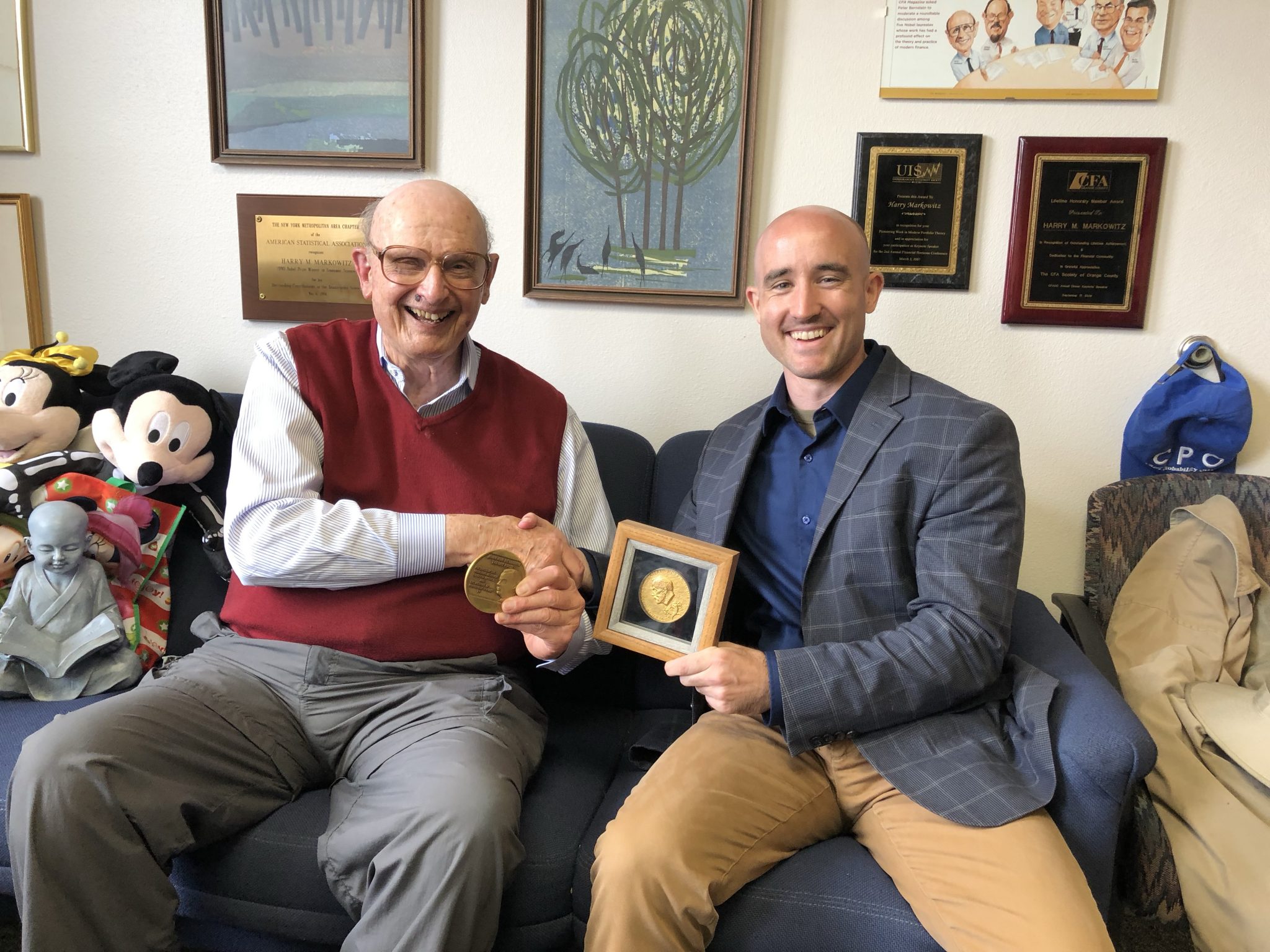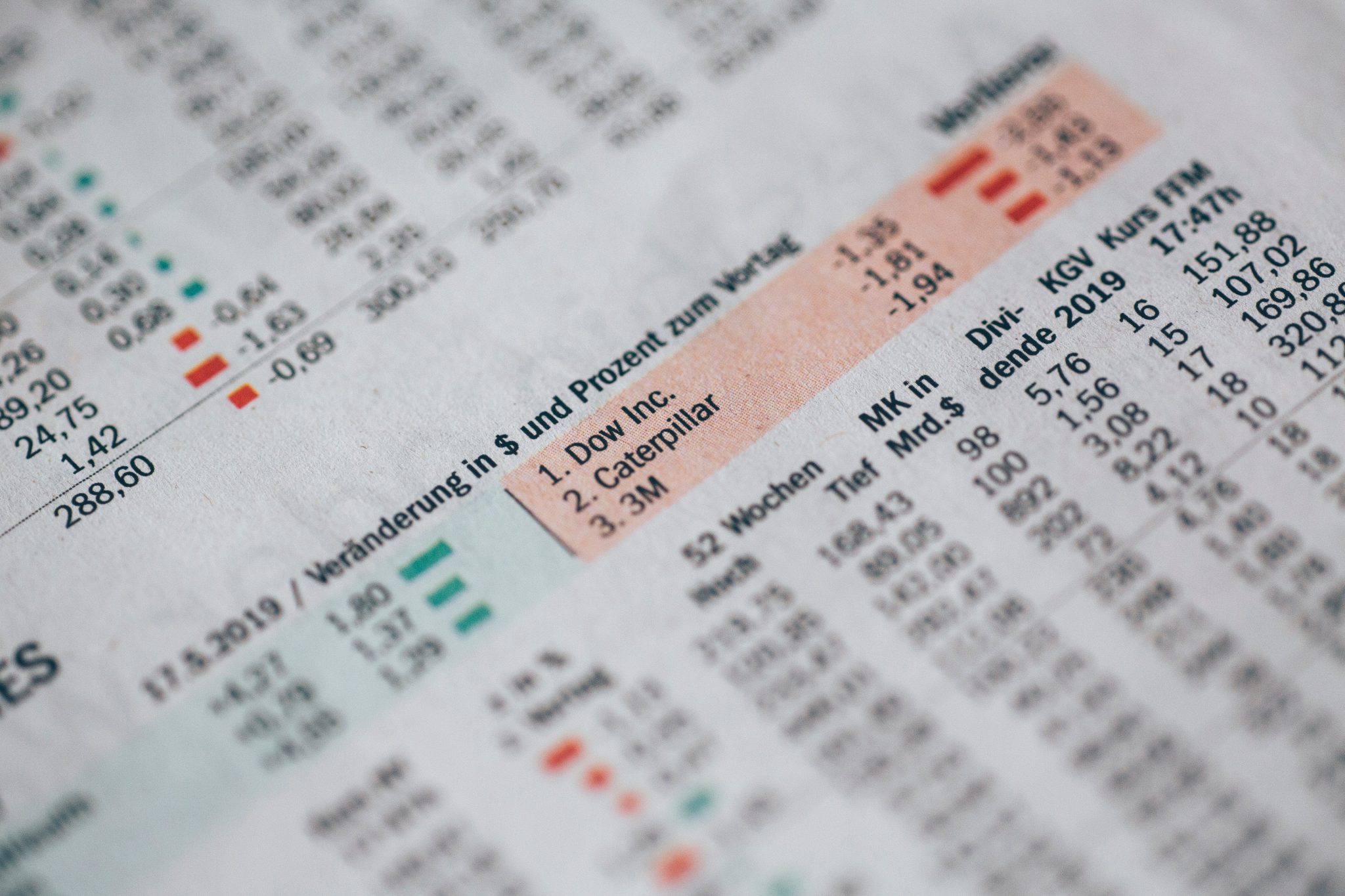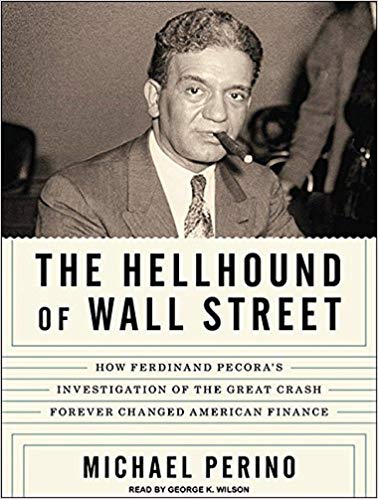Adaptive Markets – Financial Evolution at the Speed of Thought by Andrew Lo is a deep dive into market theory. This book is not a surface-level read on retirement planning or investing. It provides insight into how markets operate and change over time. The takeaway from the book is enhanced understanding of market behavior.
I recommend this book for academics, professional advisors, and those with a deeper curiosity of market theory.
Five Blind Monks
Lo offers that individual market theories, namely the efficient markets hypothesis and the behaviorist view, are like the parable of the five blind monks.
In the parable, each blind monk feels a part of an elephant and describes what he believes the elephant is similar to for the rest of the group. The monk that feels the leg proclaims that an elephant is similar to a tree. The monk that feels the trunk believes that an elephant is like a snake.
Lo’s assessment of the debate between rational and efficient vs irrational and inefficient markets is that each hypothesis is similar to the blind monks descriptions of the elephant. With only a limited perspective, each monk draws a partial conclusion that isn’t incorrect, just incomplete. The truth is a conglomeration. The Adaptive Markets Hypothesis combines elements of each market theory, mixed with biology, to offer what he believes is a more complete view of investor and market behavior.
Adaptation
He explains investment decisions in the context of adaptations through time. Investors behave rationally given their current state of development. As markets change, investors take time to adapt to the new set of factors that determine whether their decisions are beneficial or harmful.
He compares this to a shark. Sharks are perfectly suited for swimming and hunting prey in the deep ocean. So much so, they are virtually flawless in doing so. What happens to the same shark if it becomes stranded on a beach? It flails and flops, or possibly just lays there. Either way, it’s actions will seem haphazard and awkward. The Shark has not adapted to its new environment. What we often see as irrational investor behavior or the market as whole may be in fact rational given the current state of adaptation relative to the state of the financial environment.
Are We All Homo Economicus Now?
Chapter 1 walks you through the development of the efficient markets hypothesis and how markets behave given investors expectations about the future.
The efficient markets hypothesis is the fundamental theoretical underpinning for most of investment theory. Lo explains the origins of the idea going back all the way to Louis Bachelier’s Theorie de Speculation.
Of course, Eugene Fama gets ample page space. If you aren’t familiar with Eugene Fama, he is the most cited person on the efficient markets hypothesis. He is also the first to use the term.
Beyond the development of the efficient markets hypothesis Lo explains how the theory of rational expectations extends the idea to incorporate what market participants believe about future conditions.
What does the Challenger space shuttle disaster tell us about market efficiency? How does the colonial America pork trade provide information on expectations? If you are interested in financial and economic history, this chapter is fun.
If You’re So Smart, Why Aren’t You Rich?
Lo gives the account of his first academic presentation where he was publically berated for presenting an idea, supported by data, that did not conform to the common view. Non-academics may find this to be an interesting peek into the world of academe, or a completely nonsensical ritual. Either way, you are probably right.
Risk and uncertainty are central to every investment decision. In academic finance, uncertainty and risk are synonymous. This universal relationship underlies what is known as the concept of risk aversion, which states that investors will avoid risk – the uncertainty of future returns -if possible.
Lo gives a succinct and clear illustration of how people actually treat measurable risk and un-measurable uncertainty differently.
This chapter begins the discussion on what we know as biases that affect our decision making. In other words, there are psychological traits that influence our decisions and we don’t always make decisions that are rationally ideal. This is at the core of the behaviorist theory of markets.
If You’re So Rich, Why Aren’t You Smart?
Neuroscience provides insights into the decisions made by investors that have been largely ignored in financial theory. Fear, pain, pleasure, and greed are all emotional drivers that affect decisions and potentially erode investor rationality, and therefore, markets.
Fear can cause us to over exaggerate the potential negative effects of events. Emotional pain, such as social separation or the death of a loved one, has the same effect on your brain as physical pain. Winning even small amounts of money in a gamble can cause the same dopamine response as using cocaine.
This doesn’t mean that we are completely irrational, however.
The Power of Narrative
The common belief is that emotions make us irrational. The fact is that neuroscientists understand perfectly well that emotions often help us make rational decisions quickly:
- I hear a loud, rubbery squeal.
- It scares me.
- I jump away.
This is perfectly rational to avoid being run over by a sliding car. Emotions work to shut down the more involved thinking processes that would slow our reaction time in situations like this.
Lo demonstrates the role of emotion in financial decision making as well. In experiments involving people with and without brain damage that affects their emotion, the group without the ability to experience emotion make less rational bets. Fear is shown to be a good impediment to irrational risk-taking, much the same way that fear keeps you from irrationally walking down a dangerous street at night.
Too much emotion, however, will override rational thinking even in situations where it is warranted.
The Efficient Market Hypothesis says that this doesn’t matter for the market as a whole. Rational investors will recognize the irrational decisions made by others and make decisions that would counteract them.
Lo suggests that this may not be the case. In a discussion that reminds me very much of the Leonardo DeCaprio movie Inception he explains the inability of the human mind to anticipate others thoughts beyond four levels – the “theory of mind”. Beyond four levels, we become irrational. (If you haven’t seen Inception you should stop now and go watch that.)
The good news is that depending on the situation our brains are able to switch between emotional decision making and more conscious thought.
The Evolution Revolution
The Adaptive Markets Hypothesis is a blend of other theories of market behavior. Remember the blind monks and the elephant?
Chapter 5 explores biological evolution as a way of setting the stage for how markets have adapted, much like the process of natural selection.
Regardless of your personal view on biological evolution, the discussion of adaptations in this chapter provides context for understanding how markets change and how individuals decisions adapt to the changing economic environment.
If psychological and biological adaptations affect our decision making ability, is that all there is to it? Our thoughts are the product of a biological hard-wiring? Nature, as opposed to nurture, dictates our thought? Not according to Lo. Even in the presence of genetic predispositions to certain behaviors, our environment matters.
This chapter is a pretty deep exploration of evolutionary theory, but it sets the stage for the discussion in the following chapters.
The Galapagos Islands of Finance
Hedge funds are like the Galapagos Islands of Finance. Innovation in the hedge fund market can tell us a lot about the changing environment of finance. Because of their lax restrictions hedge funds are often the first financial instruments to adopt new investment strategies.
The financial evolution of hedge funds is also quick. This chapter explores the beginning of the the hedge fund, through it development today. From Alfred Winslow Jones and D.E. Shaw to the notorious Long Term Capital Management (LTCM) of John Meriwether.
Was LTCM over-optimized to its current environment? Lo draws parallels between the Dodo and LTCM. Each entity had adapted to its current situation very well. The Dodo thrived and LTCM earned large profits as long as the environment didn’t change. As soon as humans made contact with the Dodo it quickly became extinct. Russian credit problems were the downfall of LTCM. In order to survive in changing environments, whether biological or financial, requires adaptation.
Adaptive Markets in Action
Since the Adaptive Markets Hypothesis is a combined theory with the efficient markets hypothesis as an element, Lo provides a summary. He stresses that the central principles of Finance are not permanent laws of nature like gravity, but heuristics (mental shortcuts that approximate the “correct” analysis) that are adaptable to a changing investment environment.
Fear, Greed, and Financial Crises
To understand the financial crisis from the perspective of the Adaptive Markets Hypothesis, we need to gather the basic facts of the financial ecosystem.
What were the foundations of the financial crisis of 2008? Are we, market participants, primed to accept false narratives?
If you have read anything in the 2008 financial crisis then you are aware that two prevailing narratives about its cause are repeated:
- The financial institutions didn’t have enough skin in the game.
- Regulators were asleep at the wheel and let things get out of control.
Lo presents the Adaptive Markets view of these narratives. He also provides some strong evidence that they are simply false narratives that are easy to believe because they conform to what we already think.
What stands out in this chapter is how false narratives are often repeated even after they are publicly proven false.
Finance Behaving Badly
Finance has taken on an ever-increasing role in society. Because if this, Lo suggests, we need to pay closer attention to the three key features of a financial system that he lays out in the Adaptive Markets Hypothesis.
Intertwining neuroscience and Finance, Lo introduces the “Me Hurt You” concept. Our proximity to the person affected by our choices affects our sense of morality concerning those choices. If we can see the results of a decision as a direct harm that we cause, we tend to decide that we shouldn’t make that choice. Many investment decisions though are not zero sum. Anything that we gain must be another’s loss. Do we draw the same conclusions about morality if we don’t directly feel the cause and effect of our action hurting someone else? Through several thought experiments Lo shows that we often do not.
Lo presents some complex situations – such as proprietary trading in collateralized debt – in which the Adaptive Markets Hypothesis view is that our moral intuition has simply not adapted to the current environment of modern finance. As markets become more complex they may become harder to manage. Many point to financial complexity as a major cause of the subprime turmoil.
In the Adaptive Markets context, we need to adapt to each new level of complexity. When some have gained the special knowledge of understanding a complex system it can create a deep divide between those who do and those who don’t understand. The unfortunate result of this is political polarization.
Fixing Finance
“By acknowledging that human behavior adapts to various environments rather than assuming idealizations like Homo Economicus, we’re much more likely to develop accurate narratives for guiding responses to crises”
Thermostasis causes our bodies to shiver when we are cold in order to generate heat. This heat creation is an effort to regulate our core temperature and keep our core functions working.
Lo draws on this and other biological examples of regulation to support his view of financial market regulation. Plainly stated, “…Evolutionary theory gives a strong explanation why these mechanisms arise: the stability they provide favors the survival and reproductive success of the organism.”
The system of laws that regulate financial markets are much like the code that runs software programs, organizing and directing all the activity. When financial markets are complex and interconnected it is difficult for diverse government agencies to coordinate their respective parts of the regularity code.
The Adaptive markets view is that pain provides the requisite negative feedback to make the market function properly. Unfortunately, both individuals and regulators often lack the necessary influence to take painful action.
Lo suggests that a regulatory authority like the National Transportation Safety Board May be a good candidate for the financial system. It’s specific structure is independent enough so as not to shy away from making painful choices.
To Boldly Go Where No Financier Has Gone Before
So what is the application of the Adaptive Markets Hypothesis?
The Adaptive Markets Hypothesis is an underlying theory of the way markets work. Lo suggests that Adaptive Markets can provide a range of innovation from more effective investment management to curing diseases and ending poverty.







